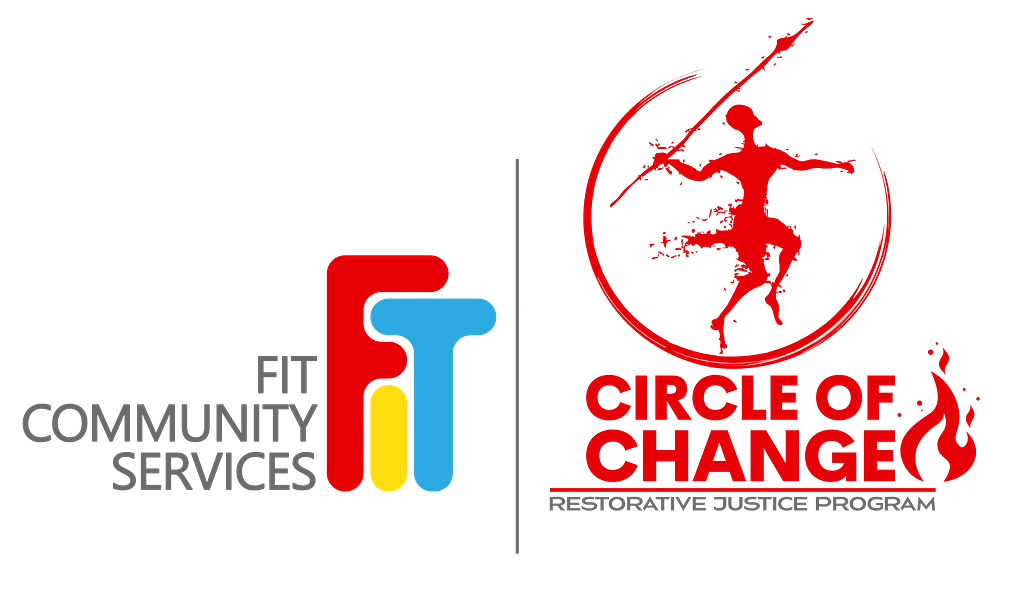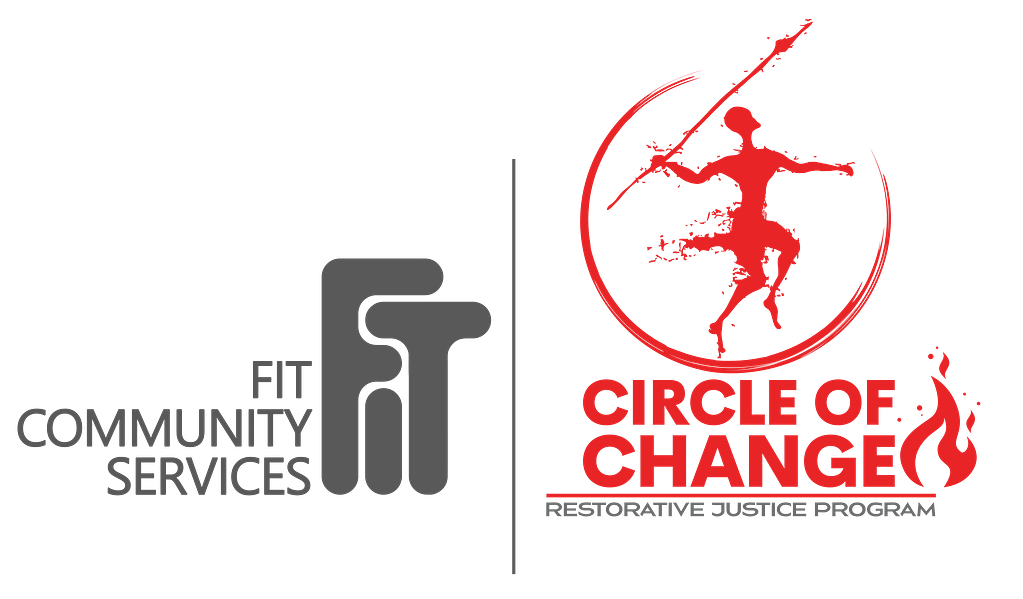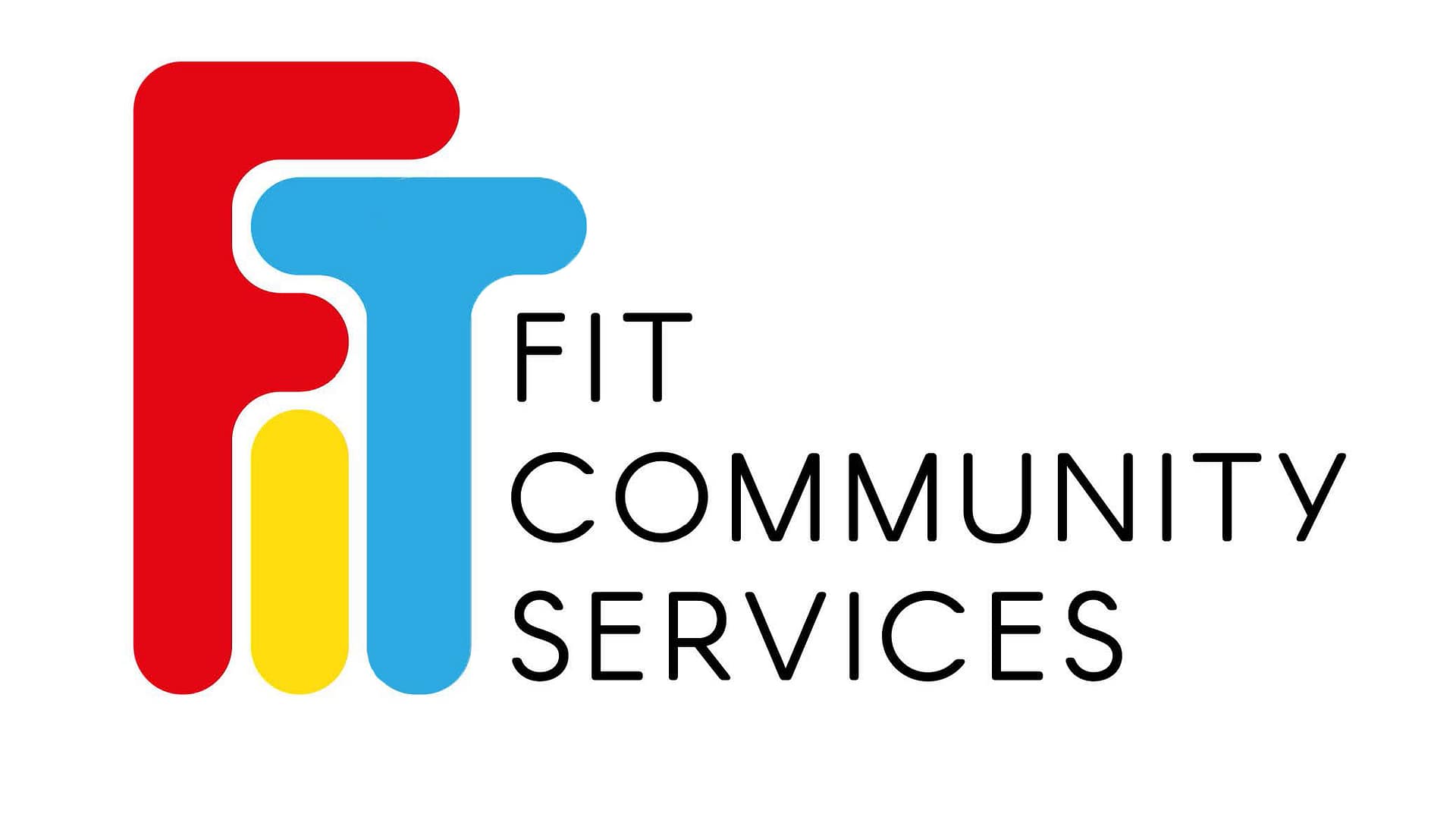
Restorative Justice Healing Circles for Youth 12-17 years old.
The Circle of Change Restorative Justice program (CCRJ) is a culturally informed youth restorative justice program that will use healing circles to facilitate the restoration and reintegration process for Black and other racialized youth 12-17 yrs. old, involved in the youth justice system.
Project Objectives:
- 1. To establish special measures for violent young offenders.
- 2. To improve the system’s ability to rehabilitate and reintegrate young offenders.
- 3. To increase the use of measures outside the formal court process that are often more effective in addressing some types of less serious offences.
- 4. To establish a more targeted approach to the use of custody for young people.
- 5. Increase the use of community-based sentences for less serious offending.
Circle of Change Restorative Justice Program
The Circle of Change Restorative Justice program (CCRJ) is a culturally informed youth restorative justice project that will use healing circles to facilitate the restoration and reintegration process for Black and other racialized youth 12-17 yrs. old, involved in the youth justice system.
CCRJ’s objective is to improve the system’s ability to rehabilitate and reintegrate young offenders, increase access to community-based rehabilitative and reintegration programming, and grow the use of alternative measures outside of the formal court process. The project provides the victim, youth/accused, their families, and staff involved in the youth justice system with access to an alternative and effective way to address crime and work towards healing for the youth/accused through developing a reparation plan and engaging the victim and community organizations/businesses to support the reparation plan.
The entire Circle of Change RJ process seeks to honor each participant’s dignity and humanity. When a young person goes through the CCRJ process, the intended outcomes are needs met through identifying the underlying issues for the young person and developing a reparation plan of care; and to serve as an alternative to the incarceration cycle and reduce social and fiscal costs to the justice system.
Youth can be referred to the program in various stages of their involvement in the youth justice system: pre-charge, post-charge, and pre-discharge planning. Pre-discharge planning will focus on the healing process helping youth be successful through a reintegration plan. Youth Referral – Intake and Assessment are completed to ensure that the young person’s case is appropriate for the project, ensuring there are no significant imbalances in power between the young person and victim (i.e. sexual assaults).
Upon acceptance in the project, the entire process will take approximately 6-9 months and will consist of four stages: preparation, decision-making training, healing circle process and plan of care.
The facilitator and volunteer community facilitator will lead the healing circle process. Careful attention has been given to identifying culturally specific community organizations, with the capacity to partner as support pending the identified needs of the young person and their families.

Refer a youth or family now.
Project Stages Referral & Acceptance
Stage 1: Preparation:
All circle participants are informed of the process, rules, and guidelines to establish a safe space and respect for all.


Stage 2: Decision Making:
The young person will complete six decision-making and problem-solving training sessions. This stage helps the young person explore emotions behind actions, identify problems, solutions to conflicts, and cultural/ gender influences and model the decision-making process. The young person then reflects on the current incident to explore where and how their thinking could have changed.
Stage 3: Restorative Healing Circle process:
This stage aims to create understanding between key participants, identify root issues and build community connections/ resources through a reparation plan of care.


Stage 4: Reparation Plan/ Final Report:
Reparation Plan is completed, and the final report is shared with the referral source and stakeholders.
Please Note: The CCRJ project is not a punitive process and does not act as a courtroom seeking to convict or impose penalties. The process aims to create understanding through structured dialogues that lead to a collective reparation plan to address some underlying issues impacting the young person. The plan created will be supported through the established community partner resources.
Funded by:

